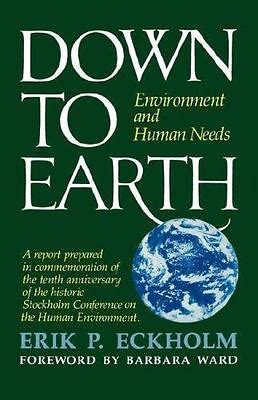A Quote by Paul Watson
Well lose more species of plants and animals between 2000 and 2065 than weve lost in the last 65 million years. If we dont find answers to these problems, were gonna be victims of this extinction event that were at fault for.
Related Quotes
There are some historians who say that democratic republics dont last more than 200 years. Well, weve got to show that you can last more than 200 years. Weve got to continue to sustain the system, and the only way you can do it is by sustaining the constitution and by confronting lies face to face, head on, aggressively.
Global warming, along with the cutting and burning of forests and other critical habitats, is causing the loss of living species at a level comparable to the extinction event that wiped out the dinosaurs 65 million years ago. That event was believed to have been caused by a giant asteroid. This time it is not an asteroid colliding with the Earth and wreaking havoc: it is us.
One animal or plant species may become extinct every hour. All species are doomed to extinction, but man through worldwide development/killing animals for food/profit/using toxic chemicals such as pesticides/industrial wastes, will accelerate the extinction of plants/animals and the result will be a more hostile environment for man.
The number of people displaced by dams is estimated at between 40 million and 80 million, most of them in China and India. The costs of dams were on average 50% above their original estimate. Some designed to reduce flooding made it worse, and there were many unexpected environmental disadvantages, including the extinction of fish and bird species. Half the world's wetlands had been lost because of dams.
When I am at a dinner table, I love to ask everybody, 'How long do you think our species might last?' I've read that the average age of a species, of any species, is about two million years. Is it possible we can have an average life span as a species? And do you picture us two million years more or a million and a half years, or 5,000?
There are millions of different species of animals and plants on earth--possibly as many as forty million. But somewhere between five and fifty BILLION species have existed at one time or another. Thus, only about one in a thousand species is still alive--a truly lousy survival record: 99.9 percent failure!
There is evidence that we are headed into what would be the planet's sixth mass extinction. It's hard to know for sure if you're in one because a mass extinction is an event where over 75 percent of the species on the planet die out over a - usually about a million-year period. The fastest it might happen is in hundreds of thousands of years.
I saw that animals were important. I saw that plants were even more important. I was also to learn that compared to many of the other species, we weren't important at all except for the damage we do. We do not rule the natural world, despite our conspicuous position in it. On the contrary, it is our lifeline, and we do well to try to understand its rules.
Most people are surprised when they hear my somber figures: we know of 2 million species of plants, animals and microorganisms, and we can give them each a scientific name and a diagnostic description. We know, perhaps generously, more than just a little bit of the anatomy in no more than 10 percent. We have done thorough studies in fewer than one-tenth of 1 percent. And the total number of species on Earth is unknown to the nearest order of magnitude.





































